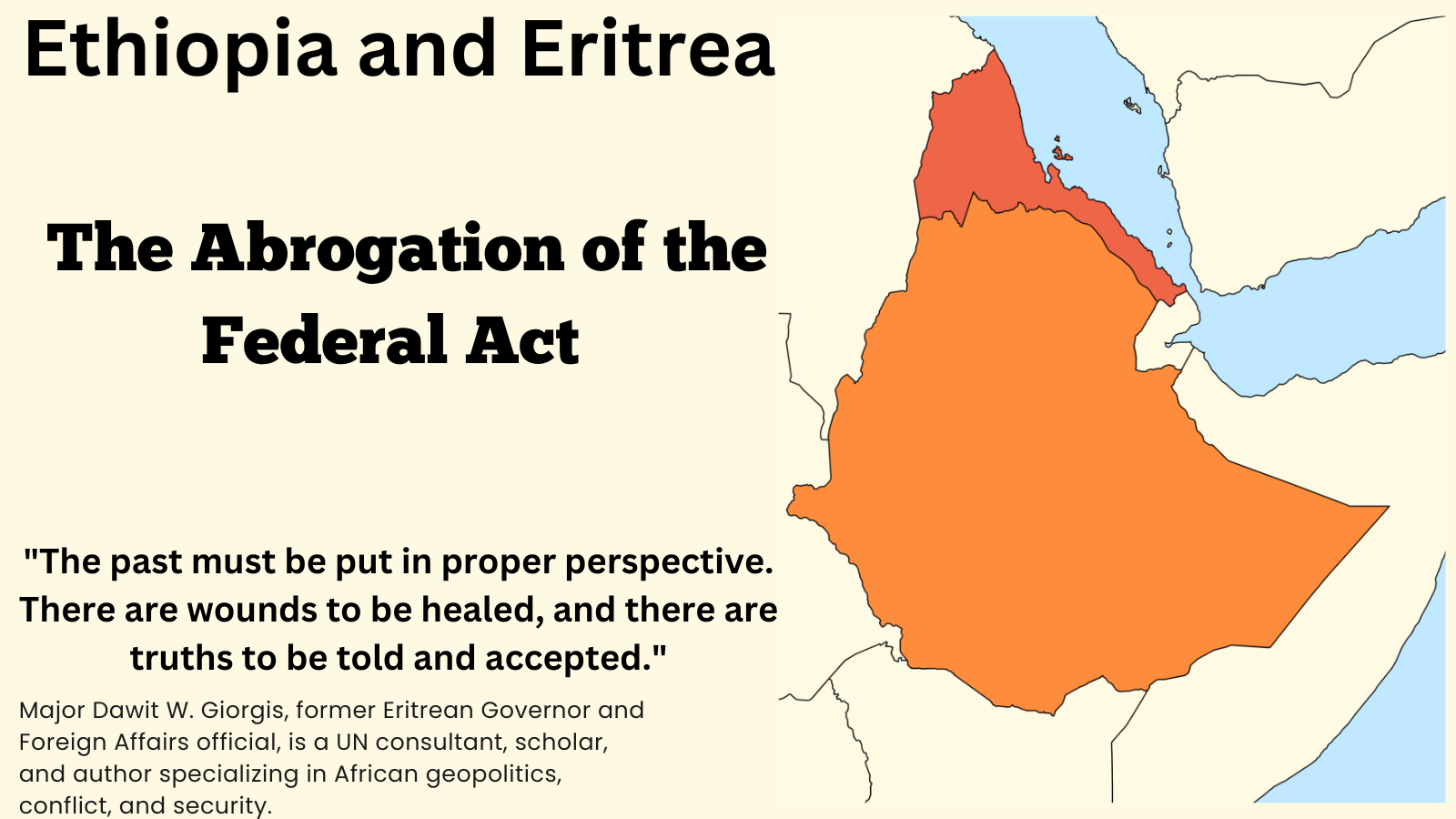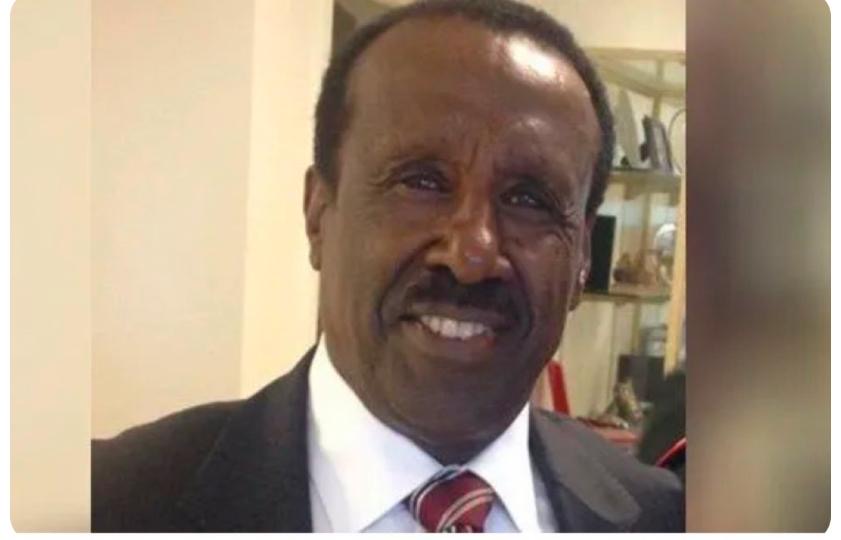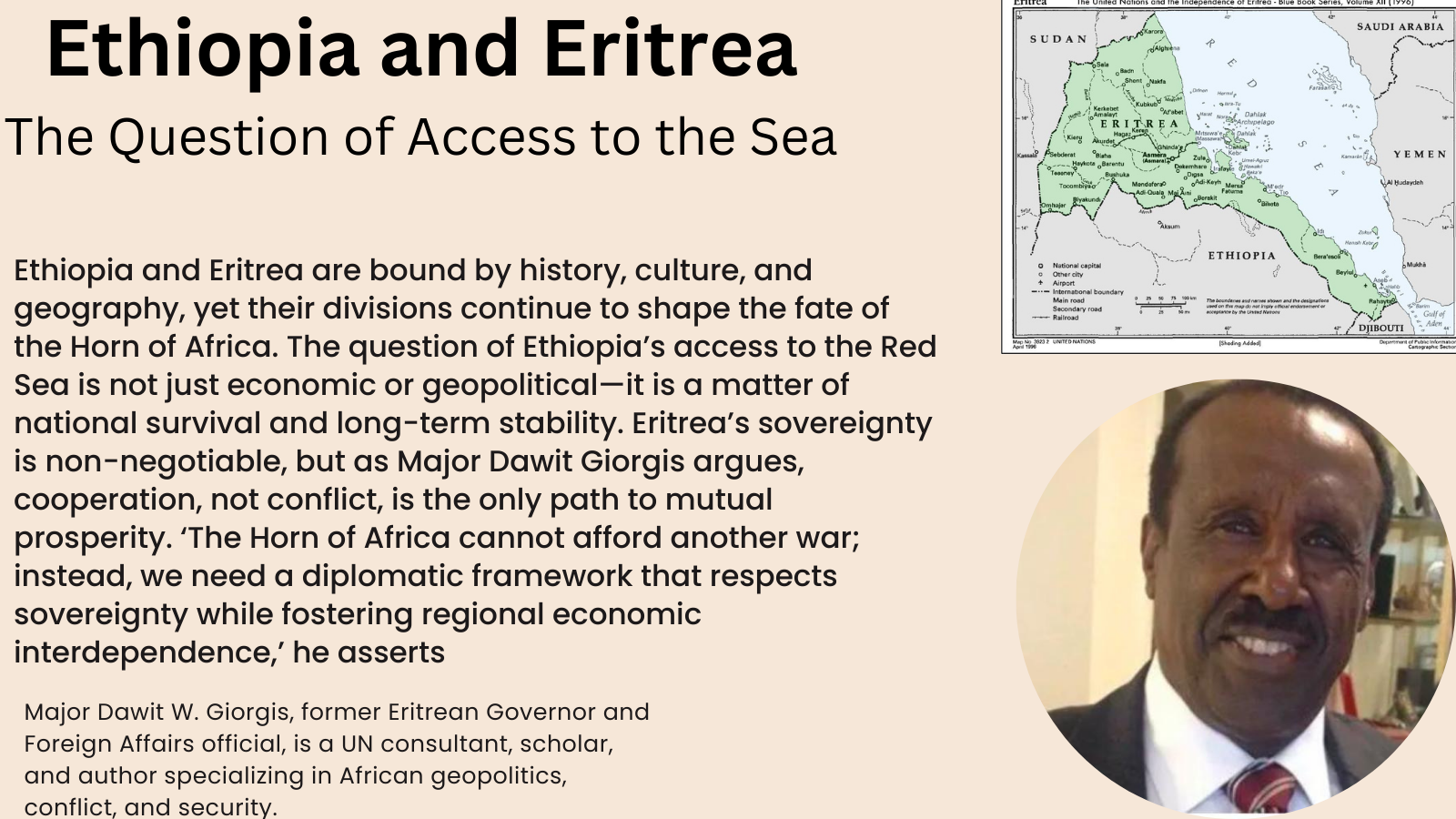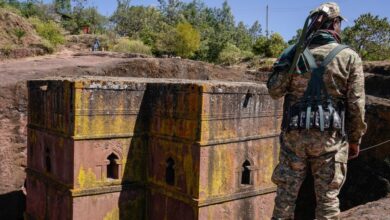Ethiopian Human Rights Commission Sounds Alarm on Rising Kidnappings and Human Rights Abuses, Urges Global Action Amid Conflict
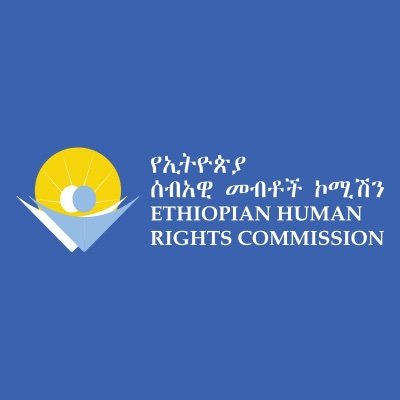
The Ethiopian Human Rights Commission (EHRC) has called for immediate action to address the increasing kidnappings in the Oromia and Amhara regions, linking these to the broader armed conflicts in the country. The EHRC’s findings emphasize the role of armed groups, including the Oromo Liberation Army (OLA), in orchestrating these abductions, alongside concerns about the involvement of government security forces. The commission underscores that resolving the conflict peacefully is critical to curbing the human rights violations fueled by these kidnappings.
Witness testimony gathered by the EHRC highlights the direct involvement of the Oromo Liberation Army in several high-profile abductions. One incident from July, 2024 saw OLA militants forcibly stop buses traveling from the Amhara region to Addis Ababa, abducting passengers, primarily students from Debarak University. Witnesses reported that the militants, operating in the North Shewa Zone of Oromia, separated the passengers and forced them into a nearby forest. The militants, armed and well-coordinated, allegedly extorted large sums of money, with hostages released only after ransom payments ranging from 100,000 to 500,000 Birr (Ethiopian Currency).
“They forced us off the bus and into the forest. Anyone who resisted was beaten. After separating us by ethnic groups, they took away the Amhara students and kept us overnight. They took our phones and IDs and warned us not to look back as they marched us further into the forest.”
She described how the captors specifically targeted Amhara students:
“They let the Oromo students go after a short interrogation, but the rest of us were kept. They said we were worth more and demanded ransom from our families. I was held for five days, and only released after my family paid 150,000 Birr.”
Another student, who managed to escape, recounted a similar experience:
“We were forced to walk for hours, beaten if we slowed down. They told us we were being punished for being Amhara and that our lives depended on how much our families could pay. I saw some students being slapped and insulted just because of their ethnicity.”
The EHRC’s report indicates that such ethnic-based targeting is not an isolated incident. Many survivors detailed how the militants demanded higher ransoms from Amhara hostages, while releasing Oromo captives with minimal or no financial demands. One female hostage shared:
“They treated us differently. The Oromo hostages were given food and even some money for transport, while we, the Amharas, were threatened and beaten. I was raped by one of the captors during my detention. They told me it was revenge for what they called ‘Amhara oppression.’”
Testimonies also suggest troubling interactions between the militants and security forces from the Oromia Region and the Ethiopian National Defense Force (ENDF). Several witnesses recounted instances where Oromia Region security forces were present but took limited or delayed action to prevent abductions. In one case, witnesses claimed that while government forces in militia uniforms eventually engaged the militants, their response was ineffective, allowing many kidnappers to escape with their hostages into rural areas.
A witness from Didesa Kebele in East Wolega Zone recounted how government forces arrived too late to prevent the abduction of two residents:
“The security forces came, but after the militants had already taken them. They knew this was happening but didn’t do anything to stop it. It felt like we were left on our own.”
Further reports from survivors accuse certain factions within the Oromia Region security apparatus of either collaborating with the militants or failing to intervene, exacerbating the security vacuum in the region. This has allowed the OLA and other armed groups to continue operating with impunity, targeting civilians for financial gain, political revenge, or as a means of sustaining the ongoing conflict.
The EHRC report also implicates members of the Ethiopian National Defense Force (ENDF) in incidents of violence against civilians in conflict zones, contributing to the overall insecurity that fuels abductions. Some witnesses suggested that ENDF operations in the region, while aimed at neutralizing insurgent groups like the OLA, have also led to civilian casualties, which complicates efforts to secure local cooperation in addressing the kidnapping crisis.
The Ethiopian Human Rights Commission (EHRC) has reported a troubling increase in kidnappings targeting civilians traveling in the country. Victims, including women and children, are frequently held in undisclosed locations where their captors demand hefty ransoms. Those who fail to meet these demands often face severe consequences, including death. Additionally, many hostages, particularly women, have reported experiencing sexual violence during their captivity.
Rakeb Mesele, Acting Chief Commissioner of the EHRC, stressed the need for accountability from all involved parties, including armed groups such as the Oromo Liberation Army (OLA), as well as regional security forces and the Ethiopian military. “This represents a clear violation of international humanitarian law,” Mesele stated. “Both state and non-state actors must be held accountable for these ongoing abuses. To end these kidnappings and achieve lasting peace, we need effective, coordinated measures that address the root causes of the conflict.”
The ethnic targeting and inhumane treatment of civilians is unacceptable and a clear violation of international law. The government and all parties must take responsibility and work towards a peaceful resolution to end this crisis and restore security.
The EHRC is closely monitoring the situation and continues its investigations across several regions. However, the commission acknowledges that the full scale of the kidnappings is challenging to determine due to fear of retaliation against victims and their families, making it even more crucial to hold perpetrators accountable.
Recent Developments: Amhara Region Security Forces Implicated
In a recent development, the Amhara regional government has admitted the involvement of its security forces in a series of violent incidents that have provoked public outrage. On September 4, 2024, the Amhara Regional Peace and Security Office revealed that government forces were implicated in the violence following the murder of a two-year-old child, Nolawit Zegeye, by kidnappers in Gondar. Despite the family paying the ransom in full, Nolawit was brutally killed, sparking protests throughout the city.
When residents gathered to demand justice for the child, they were met with gunfire from security forces, resulting in several injuries and fatalities among civilians. The Peace and Security Office acknowledged that “a few unscrupulous individuals” within the security forces were involved and disclosed that 14 members of the security forces had been arrested on suspicion of murder and kidnapping. Despite these admissions, the full extent of the security forces’ involvement remains unclear.
This tragic incident has heightened concerns about the growing lawlessness across the country, with kidnappings and violence increasingly affecting various regions. The actions of both armed groups and government forces are contributing to widespread instability. The EHRC’s call for accountability, peaceful conflict resolution, and enhanced protection for civilians is more urgent than ever given the deteriorating security situation.
EAR- Editorial Note
This news story is sourced from :
አማራ፣ ኦሮሚያ፦ መንግሥት በተስፋፋ ሁኔታ የሚፈጸም የሰዎች እገታን ሊያስቆምና ተጠያቂነትንም ሊያረጋግጥ ይገባል

